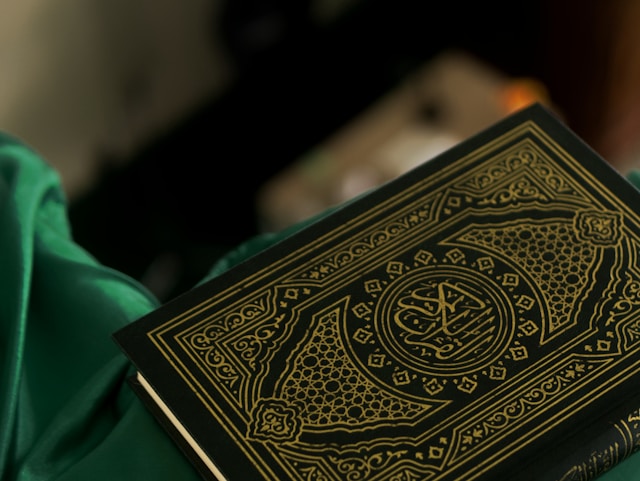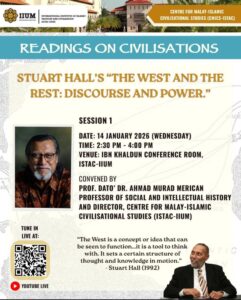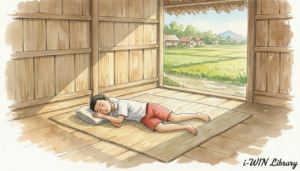The Educational Role of the Environment on Humans from the Perspective of the Qur’an and Psychology

Author (s) : Mina Shamkhi
Institution : Associate Professor of Shahid Chamran University of Ahvaz, Ahvaz, Iran
Category : Articles, IJMMU
Topics : Personality; Environment; Education; Qur’an; Psychology
Abstract : The environment, as an important and effective factor in the process of education and formation of human personality, includes the prenatal and postnatal environment. The postnatal environment itself includes the natural and geographical environment and the human and social environment. The major and important part that has a great impact on the personality of individuals is the human and social environment, which is created by the communication and interaction of individuals with each other; such as family, friends and peers, school, etc., of which the family is more important. Therefore, the purpose of this study is to examine this issue from the perspective of the Qur’an and psychology. The method used in the present study is to analyze the content of important interpretative sources and prominent psychological approaches. The target audience of this article is the verses of the holy Qur’an and their interpretations, narrations and psychological research in order to reach a comprehensive view on its constructive role in the formation of personality and human development based on common components and premises by examining different opinions about the role of the environment. The results obtained by comparing the opinions of psychologists with the teachings of the Qur’an show that the environment undoubtedly forms the basis for human spirits and traits, and in the path of human beings’ search for perfection and in order to achieve a desirable and ideal personality, paying attention to this factor is necessary and inevitable.
Article can be downloaded here >> The Educational Role of the Environment on Humans from the Perspective of the Qur’an and Psychology | Shamkhi | International Journal of Multicultural and Multireligious Understanding








